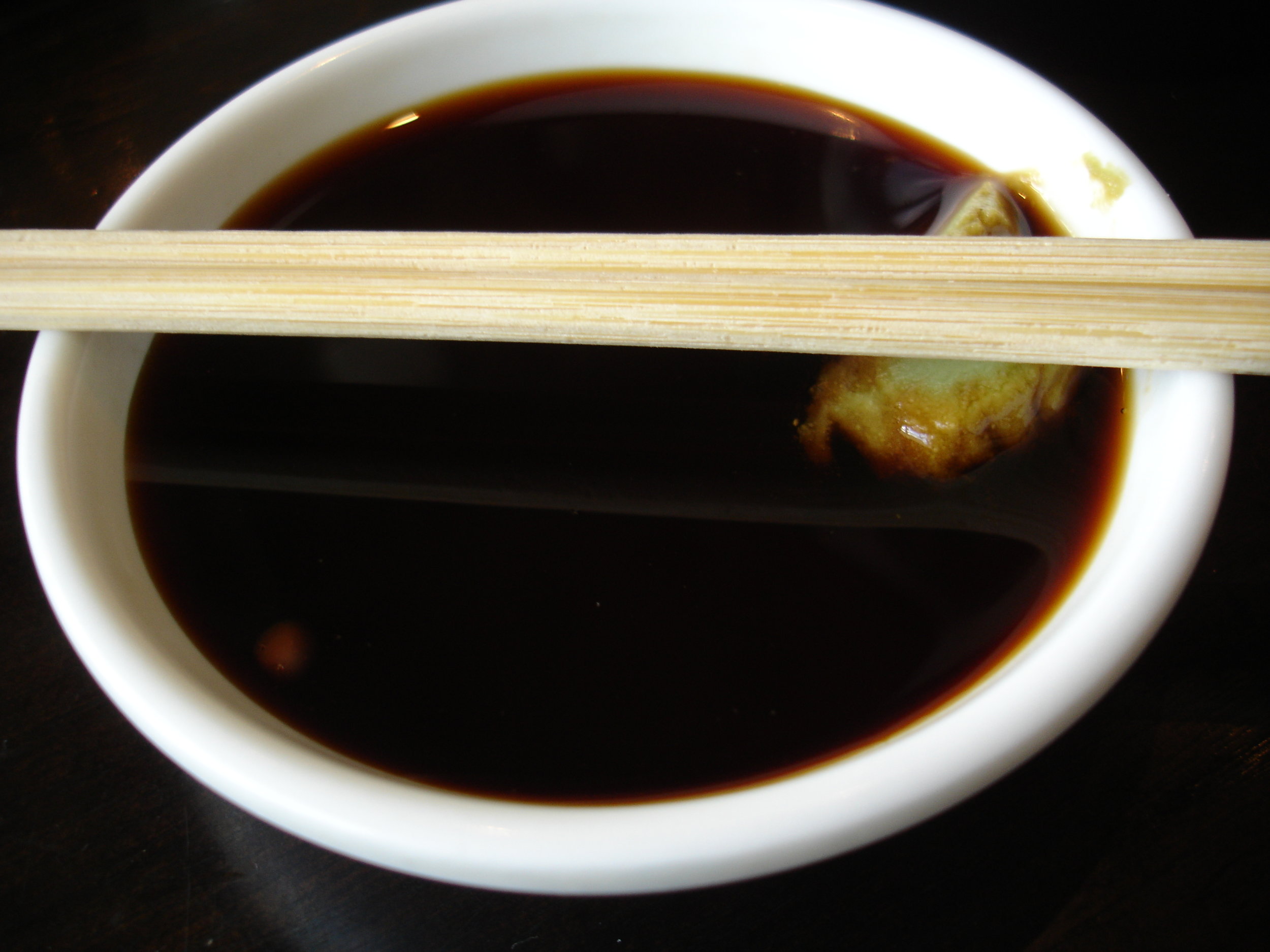Distillation
Howard Schaap
 Underneath my mother-in-law's table sits a bucket with a lid. In it, fish sauce—made from four ingredients: fish, salt, water, time—rots its way beyond rot to the salty-savory goodness. It's fermenting, condensing into a flavor so intense that it will almost level you, like strong drink.
Underneath my mother-in-law's table sits a bucket with a lid. In it, fish sauce—made from four ingredients: fish, salt, water, time—rots its way beyond rot to the salty-savory goodness. It's fermenting, condensing into a flavor so intense that it will almost level you, like strong drink.
She tends to it by opening the pail occasionally—though never in the presence of guests—and turning the contents, perhaps adding more salt. Then she closes the pail again and returns it to its position under the table. And waits.
I think I first heard the word distillation used, literarily, in association with Emily Dickinson. That ideas could be that intense yet held in your hand, distilled, that was a powerful thing.
It's counterintuitive, distillation. In a country of gushers and booms, and in a time of series and tomes, the idea of waiting on a few distilled words seems, ironically enough, wasteful. Then again, this just isn’t something one says about the Harper Lees of the world.
I suppose ripening is a handier metaphor for the process of writing growing into itself. Then again, ripening may be what reading groups and MFA programs are for. But what happens post-reading groups, post-MFAs? I’ve waited so long for some of my essays to take shape that I'm afraid their peak flavors are past and they’ve moved into the logical outcome of the ripening metaphor: rot. Distillation, too, can be a cover for procrastination.
It can also backfire. There are essays which I put in the pail under the table and come to stir them only to find a sweet, cloying smell where there should be umami. This is the hardest, to throw something out.
But in general what’s the advantage of time? And how much time?
I found the ending to an essay—in writing a Relief blog, no less—about a year after I thought that essay was finished. Fermentation. Others of my essays, bloated to self-important lengths, I seem to be waiting to reduce down.
But how long is enough—or too long? Why do some combinations of words, like aged liquor, just get better? And is there really a recipe? Is it really as simple as the right ingredients, process, vessel, and time?